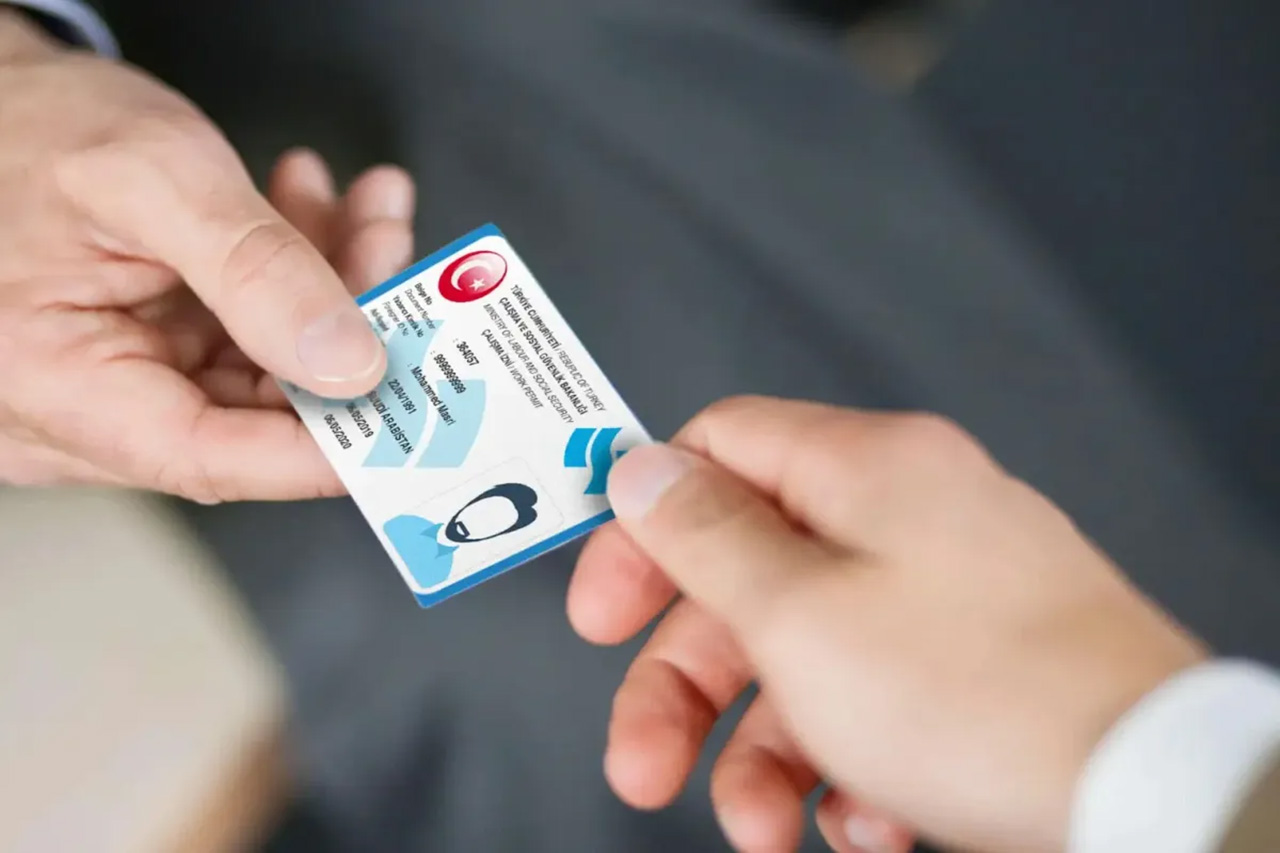
Turkey Work Permit: How Does it Work?
A Turkey work permit allows foreign nationals to legally work in Turkey. To obtain one, an applicant generally requires a job offer or employment contract with a Turkish employer, who will sponsor their application. Here’s a summary of the process and key details:
1. Types of Work Permits
- Temporary Work Permit: Valid for a specific job and employer, typically lasting one year, with potential renewals for up to three years.
- Permanent Work Permit: Granted to those who have worked legally in Turkey for at least eight years or have continuously lived in the country for the same period.
- Independent Work Permit: Allows professionals, such as freelancers or self-employed individuals, to work independently in Turkey.
- Turquoise Card: Similar to a “Green Card” in the U.S., this is issued to highly skilled professionals and investors.
2. Application Process
- Apply from Abroad: Foreign nationals must generally apply at a Turkish consulate in their home country or country of residence, where they will receive a reference number for the employer’s application.
- Apply within Turkey: Foreigners who hold valid residence permits (except for tourist residence permits) can apply directly to the Turkish Ministry of Labor and Social Security (MLSS).
3. Required Documents
- For the employee:
- Passport
- Recent photo
- Employment contract or job offer
- Degree, diploma, or certificate if applicable
- Work permit application form
- For the employer:
- Tax registration certificate
- Trade registry gazette showing company details
- Balance sheets and profit/loss statement
- Information on foreign and local employees
4. Processing Time
- Applications usually take 10-30 days to process. Once approved, the applicant will need to apply for a residence permit to stay in Turkey legally while working.
5. Application Fees
- Fees vary based on the type and duration of the work permit and must be paid for each extension.
6. Additional Notes
- Work permits are generally tied to the sponsoring employer; a new job may require a new permit.
- Language skills, particularly in Turkish, are beneficial but not required for all roles.
- Expired permits require timely renewal to avoid penalties or fines.
